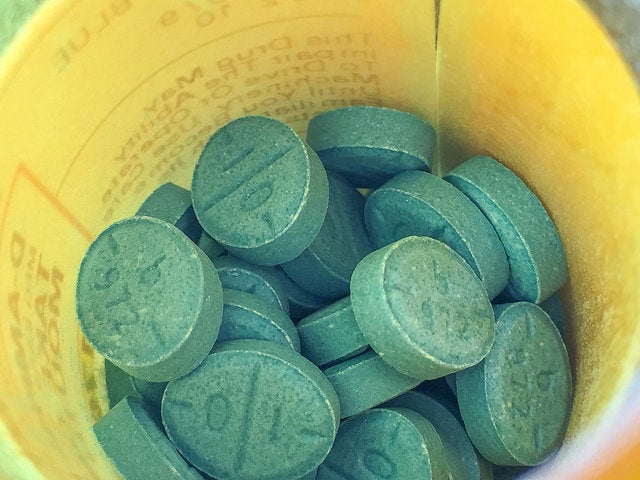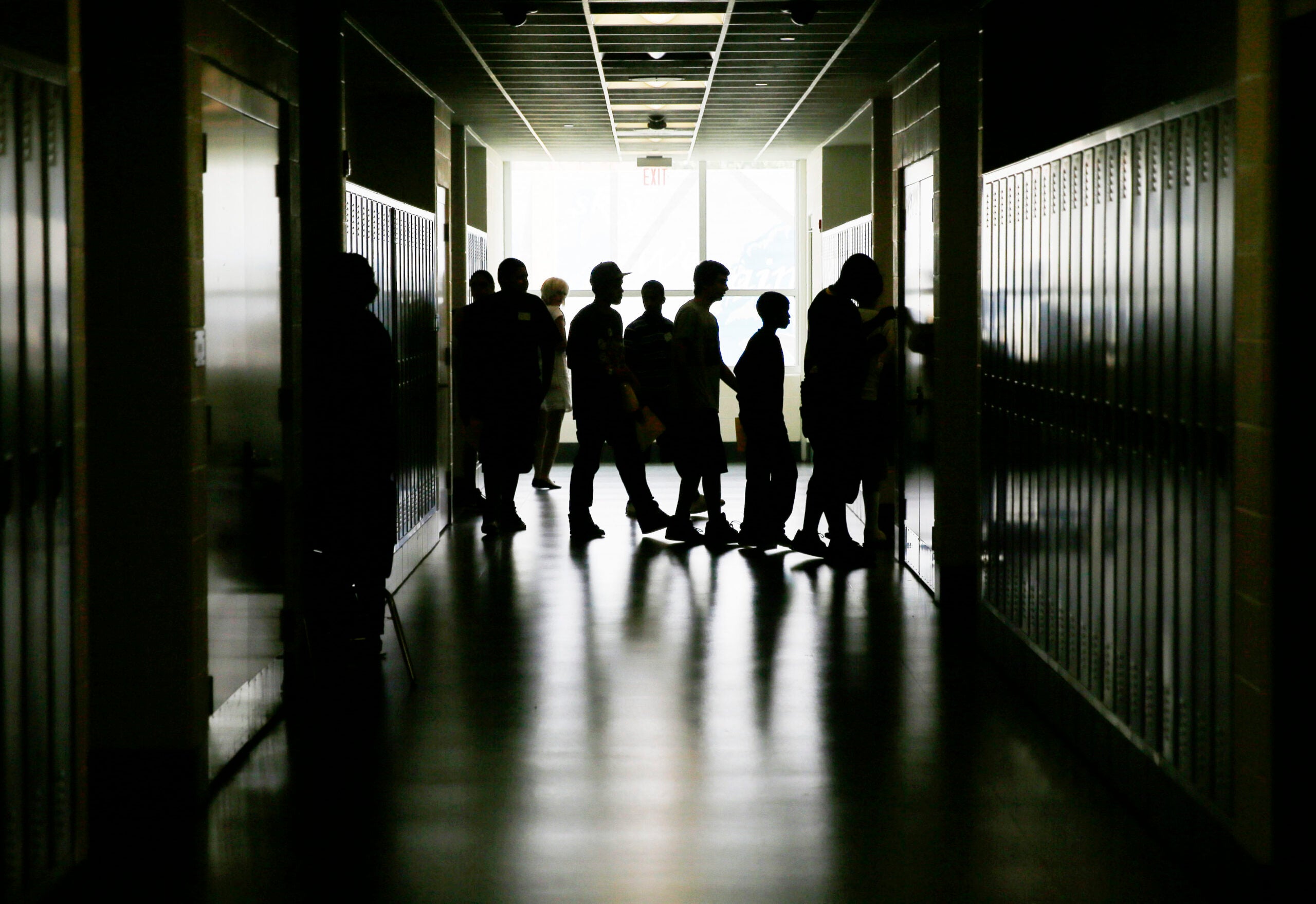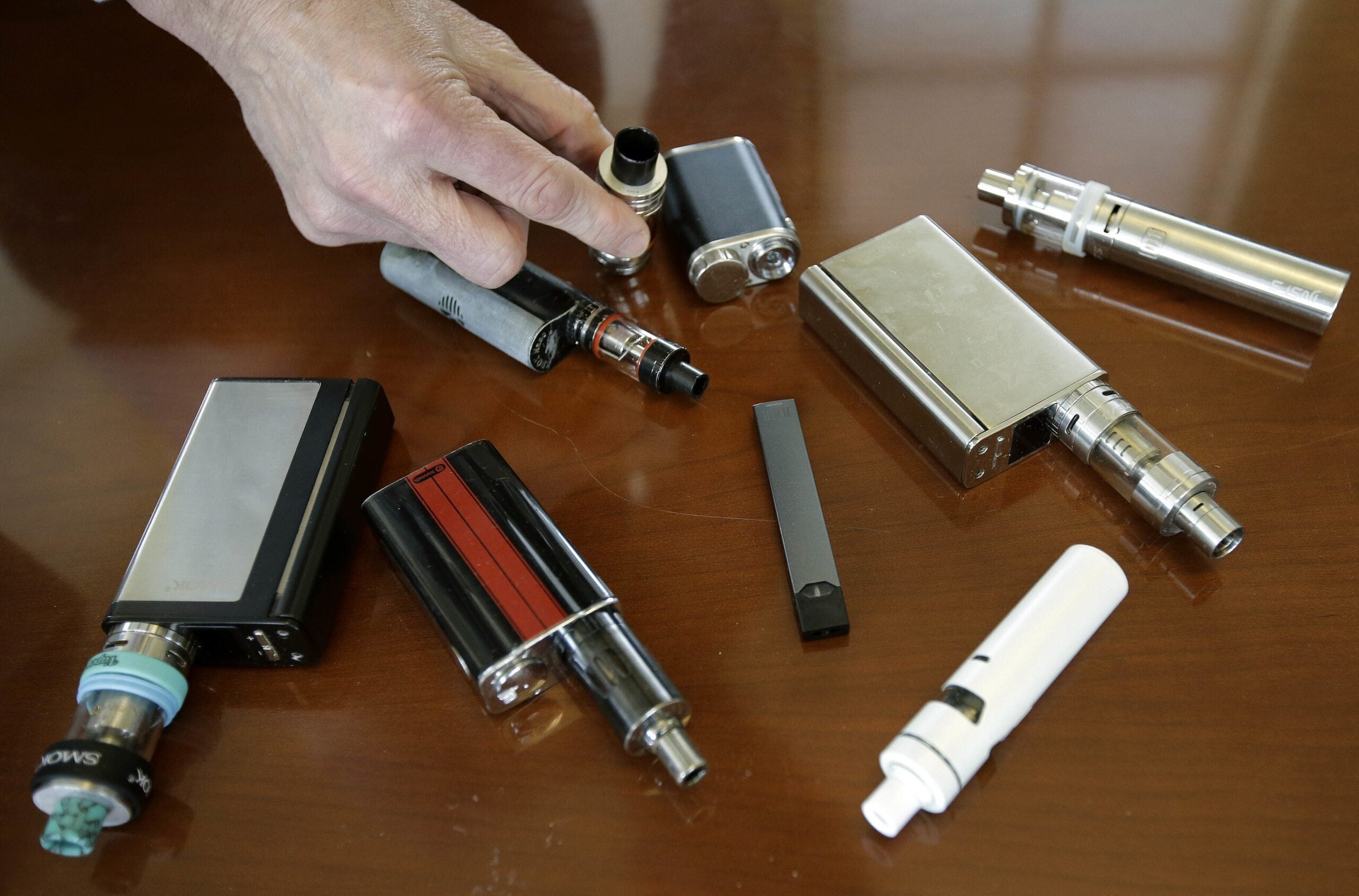Do teens make decisions that seem to defy logic? There’s a reason for that, according to Judith Siers-Poisson’s guest. Find out why adolescents might be more prone to risky behavior, and what parents can do to minimize poor decisions while encouraging healthy risk taking.
Featured in this Show
-
Risk-Taking By Teens Isn't Always A Bad Thing, Says Expert
It can be a challenge for parents to manage the risk-taking behavior that teens engage in. The key might be to not try to eliminate such behavior entirely — after all, says Becky Mather, sometimes risk-taking is not such a bad thing.
Mather, an outreach specialist for the University of Wisconsin Cooperative Extension and the UW-Madison School of Human Ecology, said that it may be easier for parents to deal with risk-taking behaviors if they understand that certain parts of a teenager’s brain aren’t fully formed. Those under-developed areas contribute to risky activities.
Moreover, those under-developed areas might exist well beyond teenage years, into a person’s mid-20s.
“We start to see some changes in late childhood — so 10, 11 years old,” she said. “And we know that (brain development) goes into the mid-20s, and some researchers are even saying beyond that.”
That means that even when young people are finished with college and entering what is consider an adult phase of life, their brains are still catching up. While a young person might exhibit academic proficiency and “smarts” in some areas of life, different parts of the brain still have yet to integrate.
In a lab setting, teens might make very logical, mature choices, it is very different when they are in real-life situations. Part of their brain might know what the right choice is, but is overridden by other, less-developed parts.
Mather emphasized that taking risks isn’t always negative. In fact, it might be vital to the survival of the species. Throughout human history, adolescents have needed to prepare themselves to strike out on their own.
“If you think about what happens during those years in our homes,” Mather said, “it’s a real time of transition from being inside the home, to getting ready to leave the home.”
That transition is a scary one — and for earlier generations, it was often physically threatening as well. While for many teens the transition is less dangerous now, it is still a life experience that calls for brashness on some level to achieve.
Hence, Mather said that it might not be a good goal to eliminate risk-taking behavior in teens because it’s “an important part of development and growth.” Besides, she added, it would be impossible to eliminate it anyway.
For Mather, a better idea would be to manage the risk and “try to direct it into a more healthy, positive direction.”
Parents and other adults can encourage healthy risk-taking in a variety of ways. One technique that parents can use is to create structures for their children that allow for calculated risk but remove the possibility of unmitigated threats. Another is to present young people with opportunities to stretch themselves beyond what feels comfortable, while knowing that they have a support system backing them up.
For young people that are geared toward physical activity, opportunities like rock climbing, sailing and horseback riding can give them the sense of risk and danger. But as long as it is supervised by trained and competent professionals and the child has the right equipment and training, it is a controlled risk.
For another type of child, the biggest risk they can imagine is standing on stage and performing in front of an audience, Mather said. Those children might be funny and outgoing at home, but “that doesn’t necessarily compute to that different arena,” she said. To encourage that child to try out for a play or perform in a recital can be a “very good healthy risk to put in their way, because it will adaptive to a later stage in their life.”
Mather recommended the UW Extension Parenthetical website as a resource for parents of tweens and teens. It discusses adolescent behavior and covers a variety of topics, including risk taking, social media, self-harm, and more.
Episode Credits
- Judith Siers-Poisson Host
- Cynthia Schuster Producer
- Judith Siers-Poisson Producer
- Becky Mather Guest
Wisconsin Public Radio, © Copyright 2025, Board of Regents of the University of Wisconsin System and Wisconsin Educational Communications Board.




